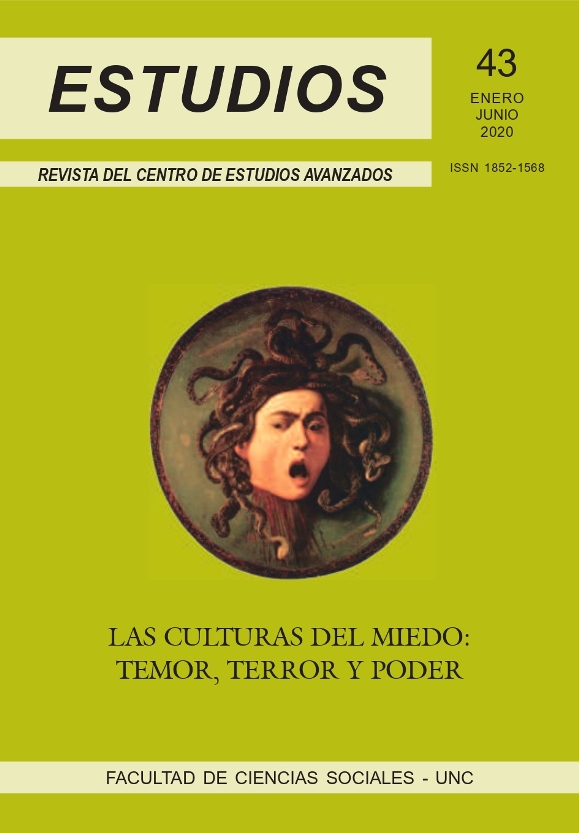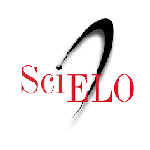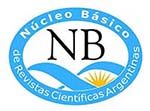Dialectics of disaster
DOI:
https://doi.org/10.31050/re.vi43.27947Abstract
In this paper lies one of the most important contributions of Fredric Jameson to set out on a reflection on this phenomenon that, in modern times, is known as Culture of Fear. From a critical study of national trauma and the awakening of massive delirium, the well-known Marxist theorist offers us keys of great interest to re-read the avatars of the collective experience after the 9/11 attacks, without losing sight of the active role of the mass media, the political logics of the global capital, and the advance of religious fundamentalism. The article today released by the journal Estudios has originally been published in South Atlantic Quarterly (Vol. 101, Number 2, Duke University Press, 2002, p. 297-304), and then reproduced in the compilation Dissent from the Homeland: Essays after September 11, edited by Stanley Hauerwas and Lentricchia (Duke University Press, Durham & London, 2003, pp. 55-62). It has been translated directly from English into Spanish by Ariel Gómez Ponce, who, in turn, kindly thanks Professor Fredrick James, whose generosity has allowed us to present the following text, for the first time, to the Spanish-speaking readership.
Downloads
Published
Issue
Section
License
Aquellos autores/as que publiquen en esta revista, aceptan los términos siguientes:- Los autores/as conservarán sus derechos de autor y garantizarán a la revista el derecho de primera publicación de su obra, el cual estará simultáneamente sujeto a la Licencia Creative Commons Atribución-NoComercial 4.0 Internacional que permite a terceros compartir la obra siempre que se indique su autor y su primera publicación esta revista.
- Los autores/as podrán adoptar otros acuerdos de licencia no exclusiva de distribución de la versión de la obra publicada (p. ej.: depositarla en un archivo telemático institucional o publicarla en un volumen monográfico) siempre que se indique la publicación inicial en esta revista.
- Se permite y recomienda a los autores/as difundir su obra a través de Internet (p. ej.: en archivos telemáticos institucionales o en su página web) luego del proceso de envío, lo cual puede producir intercambios interesantes y aumentar las citas de la obra publicada. (Véase El efecto del acceso abierto).












